If your gynecologist tells you that you have a retroverted, tilted, or retroflexed uterus and you’re trying to conceive, you might be wondering if this is a fertility issue.
It’s natural to be concerned and wonder if, for example, sperm will be able to enter a tilted uterus successfully, or if there are positions during intercourse that boost the possibilities of becoming pregnant.
The truth is that having a retroverted uterus is not a fertility problem for most women, but it is sometimes linked to other illnesses that can prevent conception, such as endometriosis. In this article we will tell you about the retroverted uterus and if it causes a problem in pregnancy or not.
In This Article
What is the retroverted uterus?

When a woman’s uterus has naturally developed a backward tilt towards the rectum and spine, she has a retroverted, retroflexed, or tilted uterus. This means that, unlike an anteverted uterus, the lower section of the uterus is pointed backward rather than towards the belly and bladder.
As you can see, the uterus has a wide range of morphologies and can also take on a variety of postures. Positions that are entirely functional rather than unhealthy. As a result, if you have a retroverted uterus, your gynecologist may choose not to treat you because, while it may cause some discomfort, it is not a disease.
Does a retroverted uterus affect pregnancy?
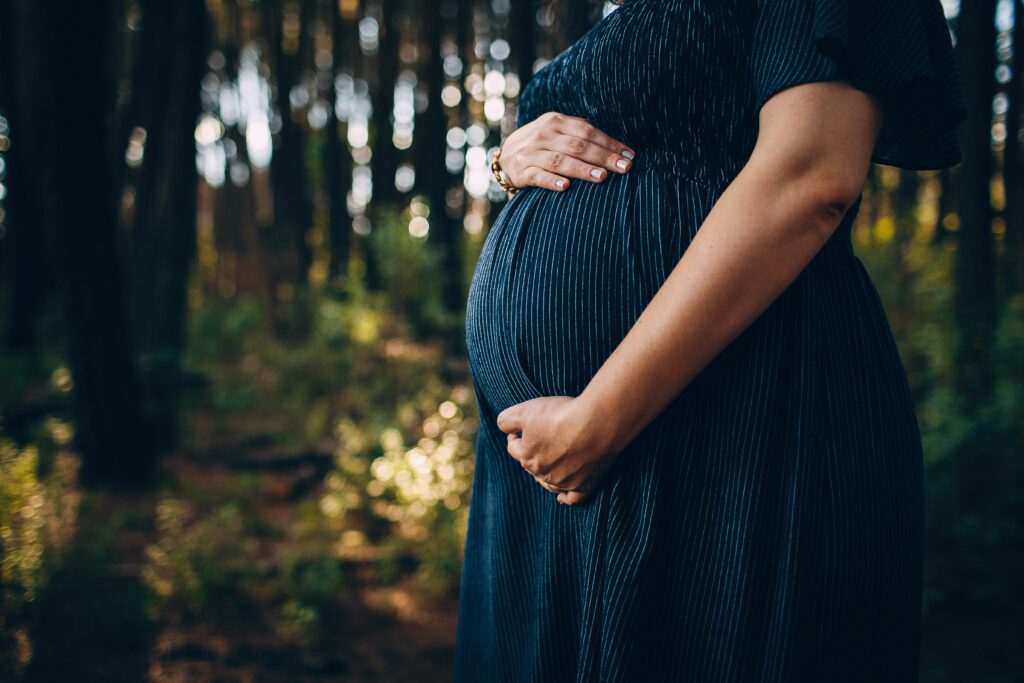
A retroverted uterus does not influence your capacity to conceive and does not cause infertility.
When a retroverted uterus occurs as a result of another medical problem, such as endometriosis, it might make it more difficult to become pregnant.
In most situations, a retroverted uterus does not cause severe complications with pregnancy unless it is caused by another medical condition.
Although having a retroverted uterus does not affect your ability to conceive, it can cause uterine incarceration, which causes the uterus to become “fixed” or “stuck” in the posterior pelvis due to scarring or adhesions. Uterine imprisonment occurs in about one in every 3,000 pregnancies. You may have pain, bladder retention, or the inability to pee if this happens. Fortunately, as the uterus grows, this problem normally resolves itself.
What causes a retroverted uterus?
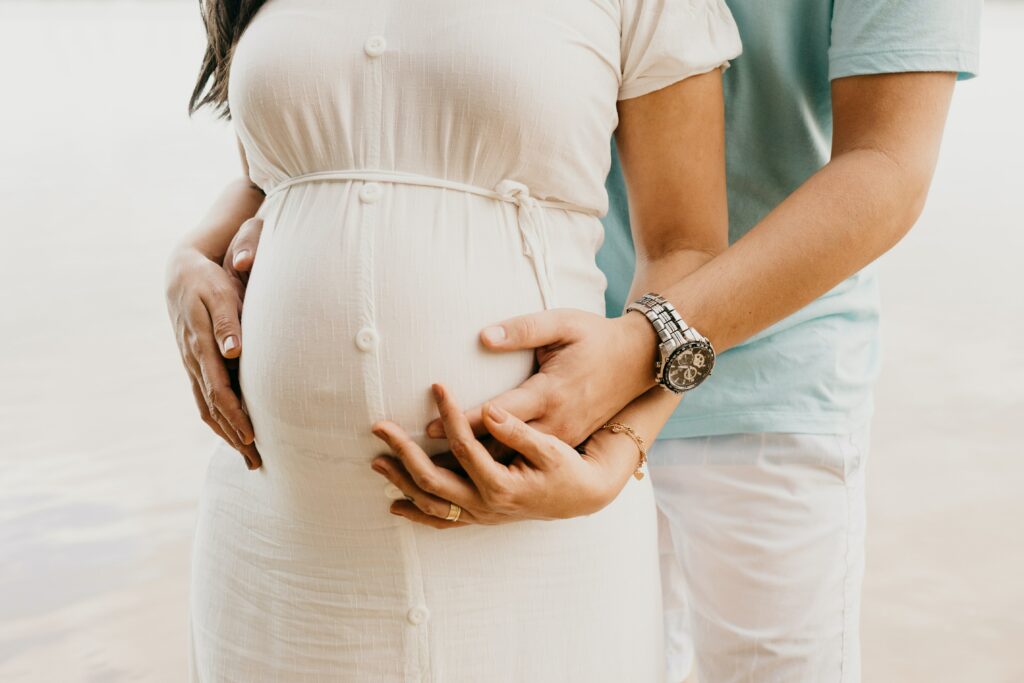
A retroverted uterus is usually a hereditary condition that you inherit, although certain conditions might cause your uterus to shift position over time. Scar tissue or pelvic adhesions can cause a uterus to be retroverted.
Your uterus’ position can be inherited or caused by medical disorders like fibroids, endometriosis, or even previous pelvic surgery.
Retroverted uterus treatments
In most cases, this morphological change does not necessitate any treatment.
You may need surgery if you are in a lot of pain or if your retroverted uterus is caused by disorders such as severe endometriosis, salpingitis, or pelvic inflammation.

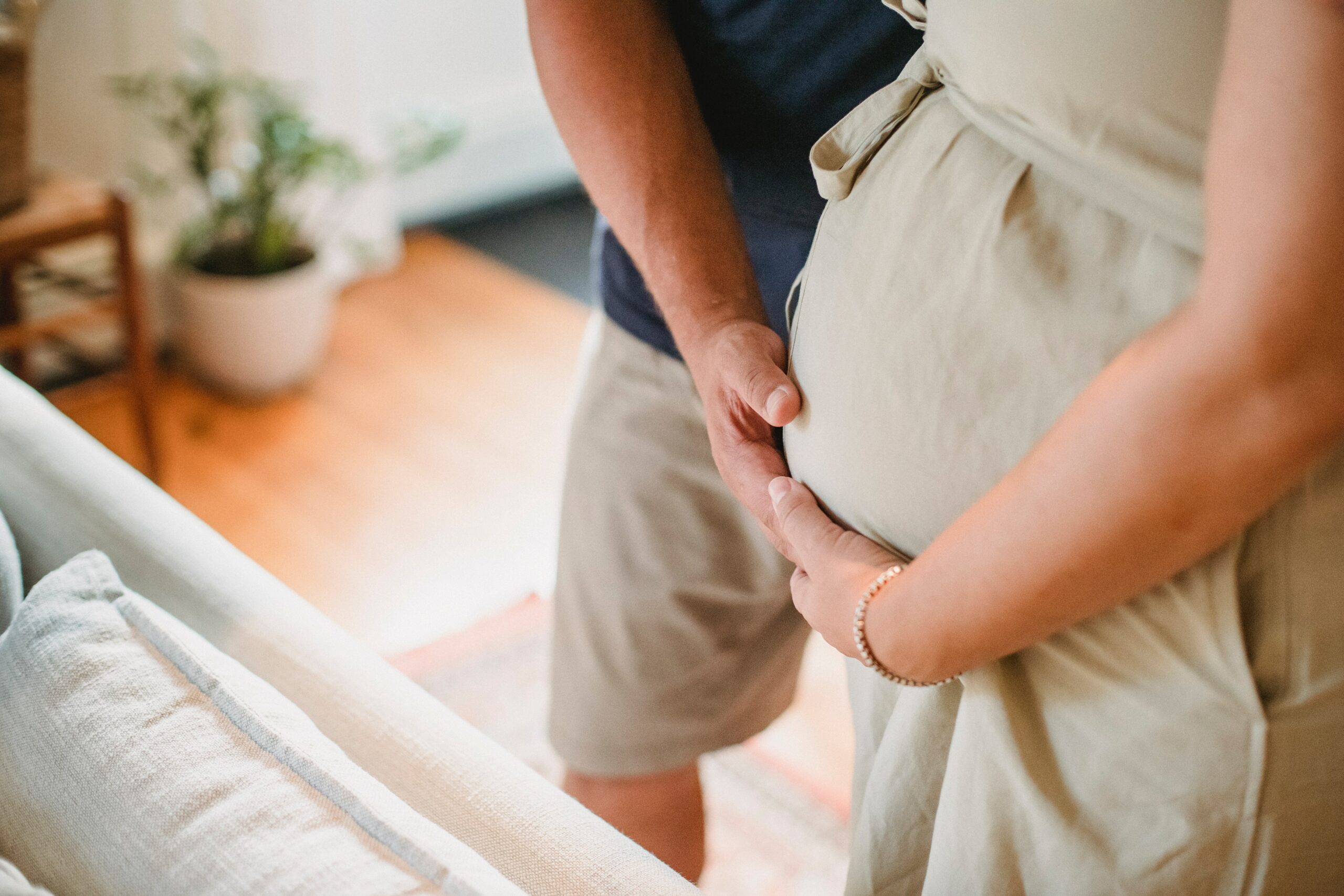
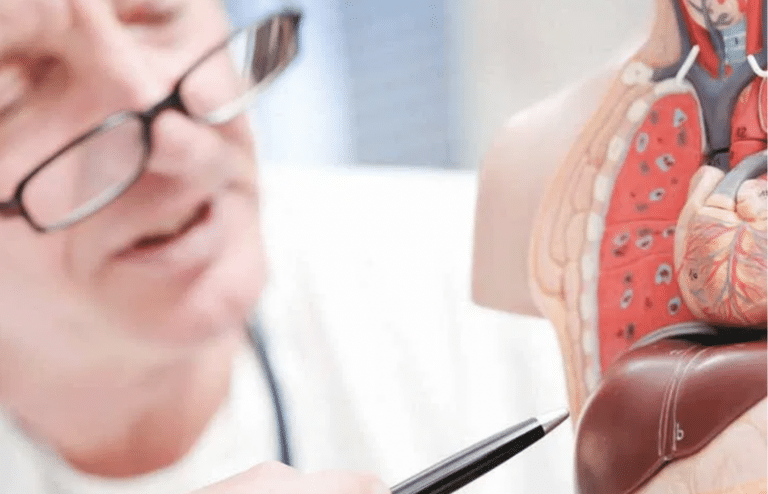

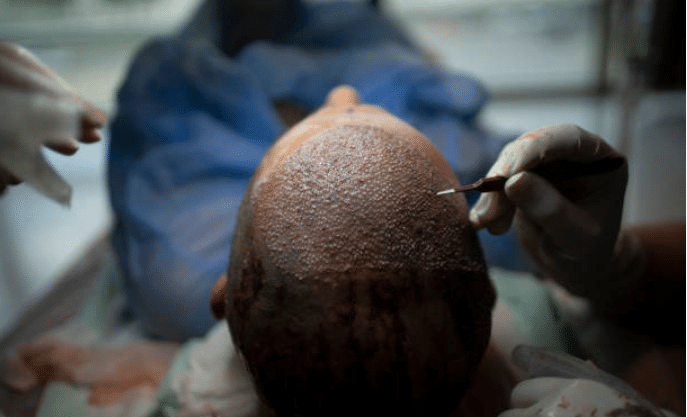



![Home Renovation Guide [2025]](/app/uploads/2021/04/design-hacks-1-378x300.jpg)


